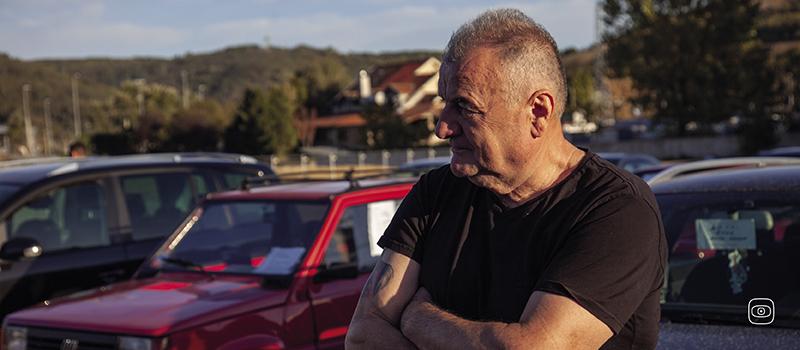With the future EU-wide ban on polluting cars, Brussels wants to drastically cut its carbon dioxide (CO₂) emissions. Transport causes a fifth of all CO₂ discharge in the EU. Emissions from cars are also a source of fine particulate matter and nitrogen oxides, both major causes of air pollution posing serious health and environmental risks, says the United Nations (UN).
Experts, however, say there is no way Brussels can meet its zero-emission targets under the Green Deal unless efforts are made to regulate the second hand car trade. While many developed nations pledged to phase out polluting vehicles in the next decade, the transition is complicated for poorer countries, where old European cars are the only affordable option.
It means that our cars continue to harm the worldwide climate elsewhere, says experts.
Take Serbia, for example: compared to the 150,000 used cars sold annually, only about 25,000 new cars are sold in the country. At least two-thirds of imported used cars are of low environmental standards: Euro 3 and Euro 4. Three-quarters of the county’s fleet consists of diesel vehicles and on average, the age of a car in Serbia is 17,5 years. It is hard for the government to set stricter measures, partly because public transport is sparsely available.
A cross border team investigated the trade in polluting second hand cars from Germany and the Netherlands to Serbia. In investigating co2 emissions data and by speaking with industry experts, car traders, consumers, and environmental organisations from Brussels to Belgrade, the journalists revealed how the EU is exporting its environmental problems to its external borders, and how the blooming used car trade could thwart the EU’s climate plans.


